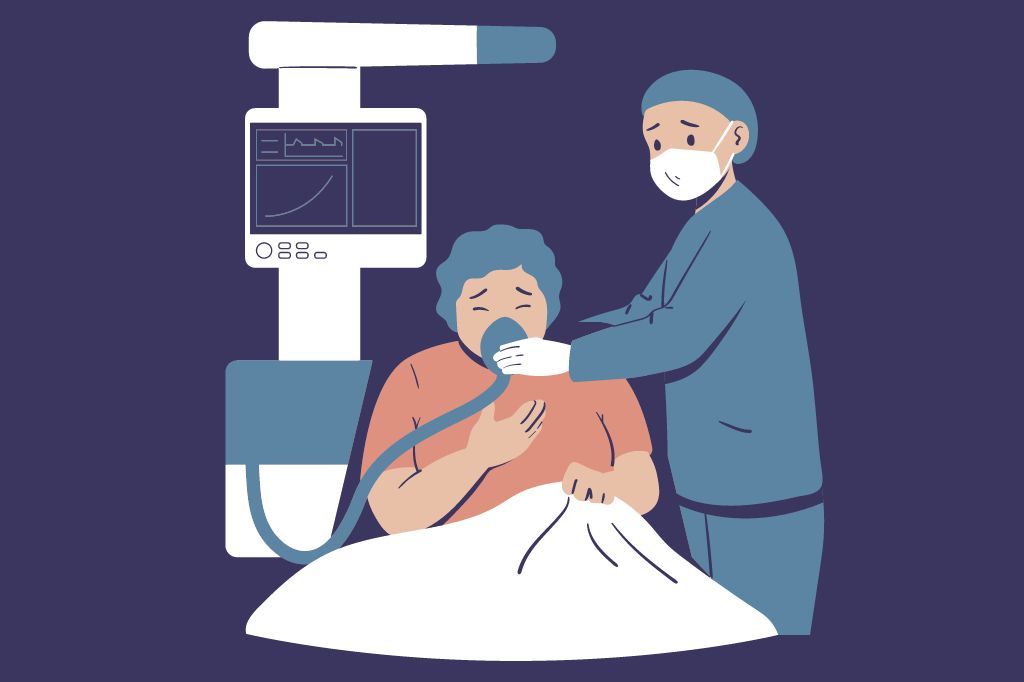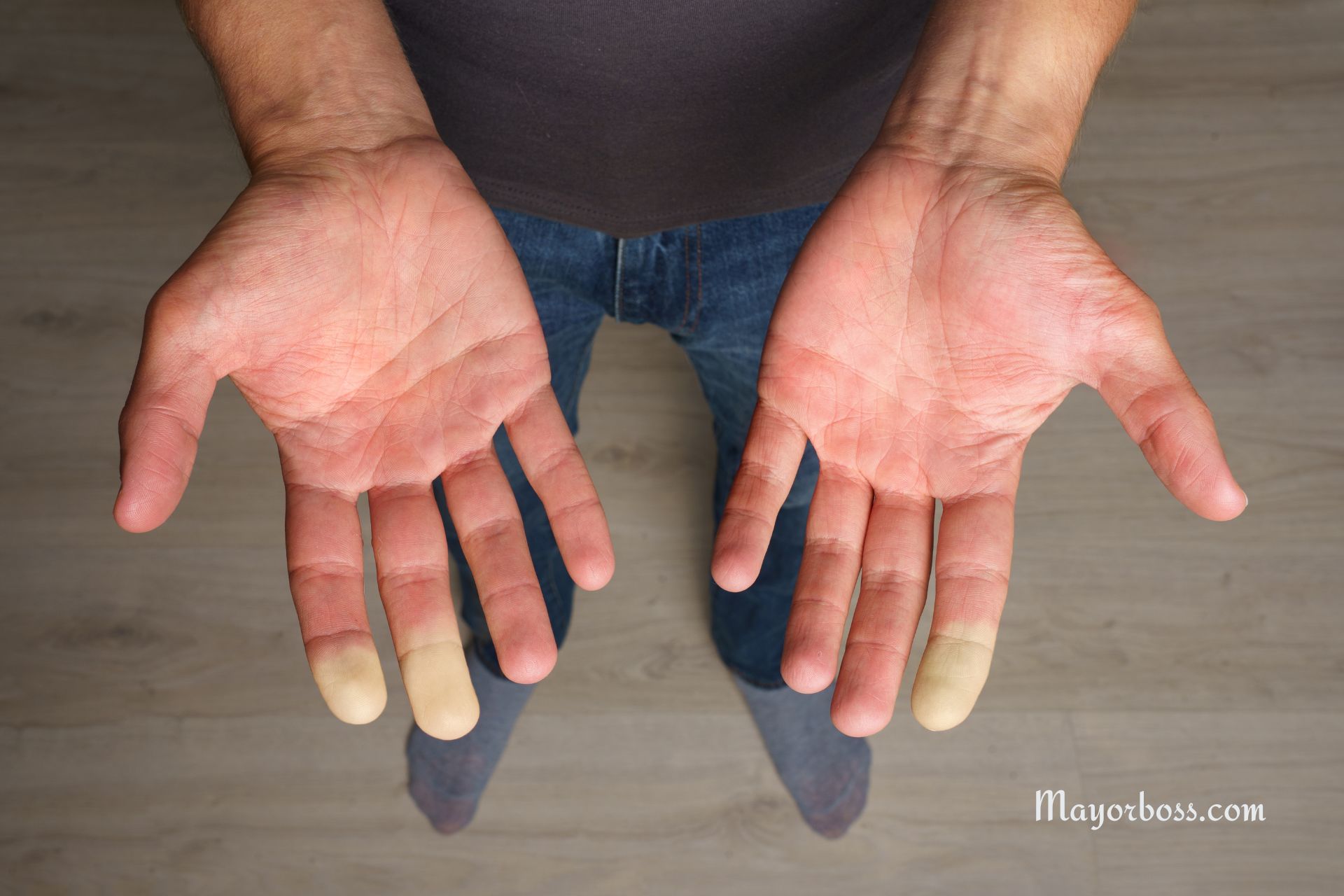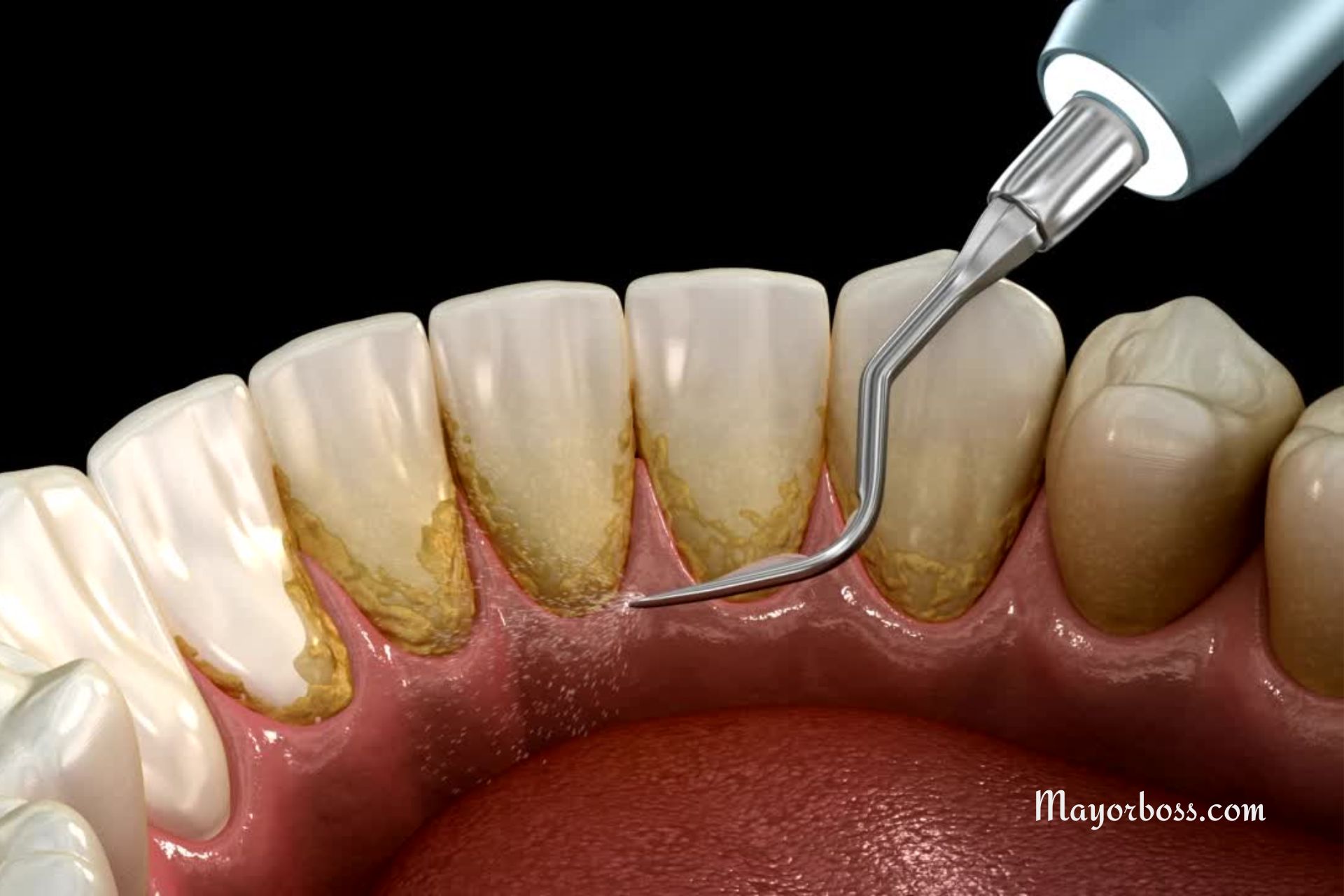Physical Signs of Psychological Trauma: In Which Parts of the Body Do We Hide Our Pain?
Psychological trauma can cause real, physical symptoms in the body. Many people hold emotional pain in places like the neck, shoulders, back, chest, stomach, and even the jaw. In fact, unprocessed emotions and trauma accumulate in our bodies without us even realizing it.

What is Psychological Trauma?
Psychological trauma is more common than most people realize. It can result from a single event, such as an accident, or from ongoing situations, like emotional abuse or neglect. Even if the mind tries to forget the pain, the body often remembers. Trauma can show up as physical symptoms that are difficult to explain.
Many people visit doctors with pain or tension that does not have a clear physical cause. Often, these symptoms are related to emotional stress or past traumatic experiences. The body has its own way of expressing what the mind cannot always say.
How Trauma Hides in the Body
The body and mind are closely connected. When the mind faces something overwhelming, the body reacts. The effects can linger for years. Instead of disappearing, unprocessed trauma can settle into different parts of the body.
You may not even notice it at first. Maybe your neck always feels stiff, or your stomach gets upset when you are under stress. These symptoms are not “all in your head.” They are real signals from your body that something deeper may need attention.
Common Places Where Trauma Shows Up
Let’s glance at the main areas where people tend to store emotional pain:
1. Neck and Shoulders
The neck and shoulders are among the most common areas for holding tension. Many people clench their muscles here when they feel anxious or threatened. Over time, this can lead to chronic pain, stiffness, or headaches.

2. Back
The upper and lower back often carry the weight of emotional stress. People who have experienced trauma sometimes develop ongoing back pain with no obvious injury. This discomfort can flare up during periods of stress or emotional triggers.

3. Chest
Tightness or pain in the chest can be a sign of emotional distress. You might feel your heart racing or a sense of heaviness. For some, this shows up as shortness of breath or a pressure in the chest, especially during moments of anxiety or panic.
4. Stomach and Gut
The digestive system is highly sensitive to stress. People with trauma may develop symptoms like nausea, cramps, irritable bowel syndrome, or ongoing stomach pain. This happens because the gut and brain communicate through nerves and hormones. Emotional pain can “settle” in the stomach and cause real discomfort.
5. Jaw
Clenching or grinding your teeth is another physical sign of stress or trauma. Some people develop jaw pain or even temporomandibular joint (TMJ) problems because of unexpressed emotions.
6. Hips and Pelvis
Surprisingly, the hips and pelvis can also store trauma, especially after experiences involving fear or loss of control. Tension or pain in these areas sometimes reflects old emotional wounds.
7. Head
Chronic headaches, migraines, or tension around the scalp can be linked to ongoing emotional strain. When the mind feels overwhelmed, the head can react with pain.

What Can You Do About Psychological Trauma Pain?
The good news is that you can free yourself from years of accumulated psychological trauma and pain in just 30 days. Here are some strategies to help:
- Acknowledge Your Pain: Pay attention to physical symptoms, especially if doctors cannot find a clear cause.
- Practice Relaxation: Activities like deep breathing, yoga, or gentle stretching can help release stored tension.
- Stay Active: Regular physical activity supports your mental and physical health.
- Connect With Others: Support from friends, family, or support groups can ease the burden.
- Talk to a Professional: Therapists trained in trauma can help you process emotional pain and learn coping skills.
When to Seek Help
If you notice persistent pain, muscle tension, or digestive problems that do not improve with regular care, consider talking to a mental health professional. Your body might be telling you that it needs help with more than just physical healing.
Takeaway
Psychological trauma can leave marks on your body. The neck, shoulders, back, chest, stomach, jaw, and even the hips are common places where people store emotional pain. Seeking support when needed can help you begin to heal, both physically and emotionally.
FAQs
1. Can emotional trauma really cause physical pain?
Yes, emotional trauma can cause real physical pain. The body and mind are deeply connected. Unprocessed emotional pain often appears as tension, aches, or even chronic illness.
2. How do I know if my pain is related to trauma?
If you have pain that doctors cannot explain and it worsens during stress or emotional moments, it could be linked to past trauma. A mental health professional can help you explore this connection.
3. What are some ways to release trauma from the body?
Techniques such as therapy, deep breathing, yoga, exercise, and mindfulness can help release stored tension. Talking to a trauma-informed therapist is often very helpful.
4. Is it common to develop digestive problems after trauma?
Yes, many people experience stomach pain, nausea, or digestive issues as a result of trauma. The gut is very sensitive to stress.
5. Should I see a doctor for physical symptoms of trauma?
Absolutely. Always rule out medical causes for your symptoms. If no physical cause is found, consider speaking to a mental health provider to address the emotional side of your health.






